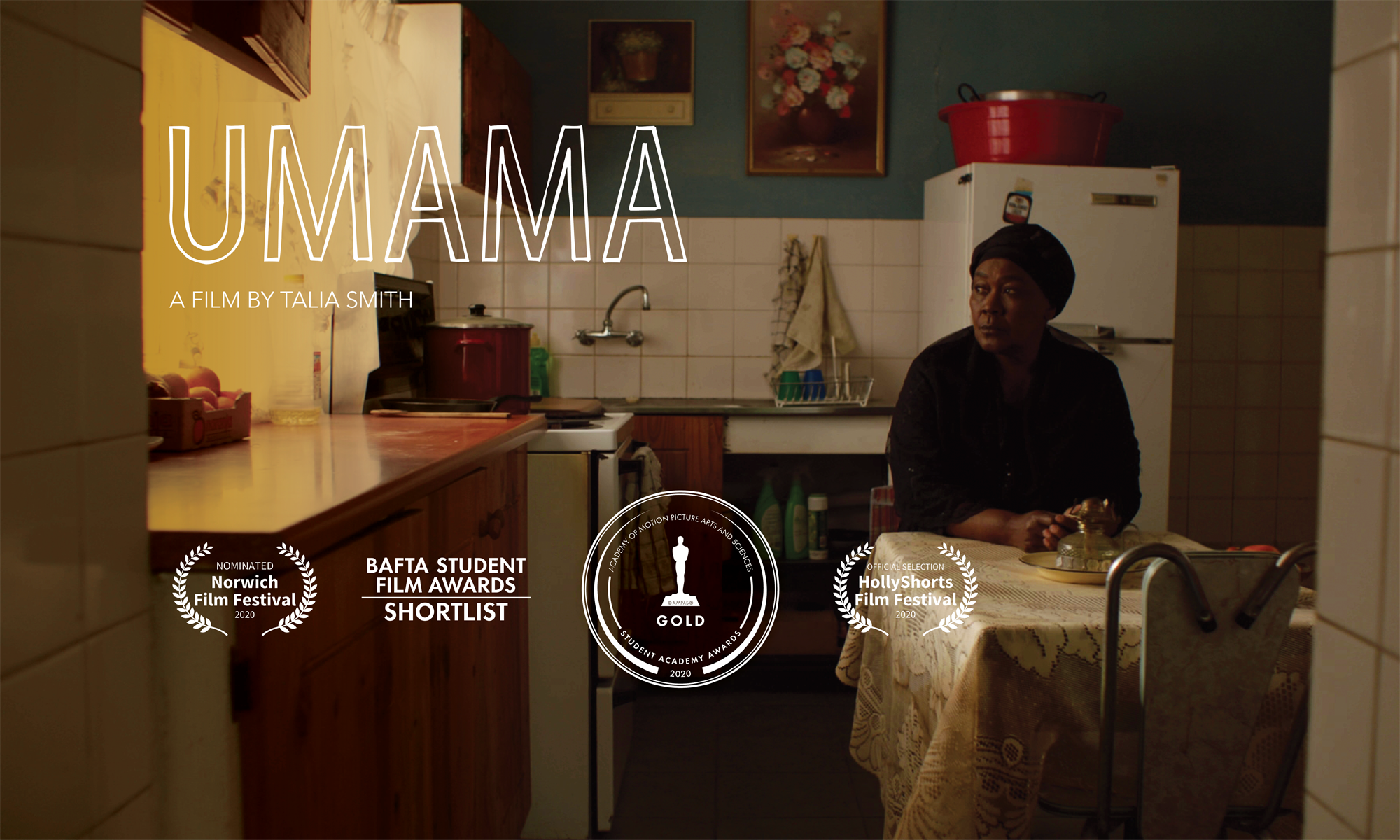SYNOPSIS
Sibongile struggles to balance her responsibilities as a mother figure to the children of the parents she works for, with her obligations as a mother to her own son.

When Sibongile misses her son’s academic award ceremony she promises to make it up to him by leaving work early the next day to celebrate with him. But when she wakes up the next morning her son is missing. On that very day, she makes another promise to Cassandra — the little girl whose parents she works for — to come and watch her in her school play the next week. Despite the stress of a missing son, Sibongile puts on a brave face at work so that she may keep her promise to her son by coming home early.
DIRECTOR’S STATEMENT

In coming to the U.S this story began to percolate in my mind—simply because I was no longer in a society where these kinds of stories were part of its DNA. When I would tell classmates that I had had a “domestic worker” my whole life, I could not articulate well enough that that’s not all she was to me. I then had to then ask myself why I felt such a strong need to justify this situation. The purpose of the film is not to make sense of these circumstances nor provide a solution rather it simply states that they exist—something the audience must comprehend for themselves.
The film explores both South African specific issues along with universal themes. Including the major class contrasts that exist in the legacy apartheid has left behind; crime and safety in South Africa; South Africa’s melting pot of cultures; to be “in” but not “of” a specific group and above all else the dichotomy in which love exists.
